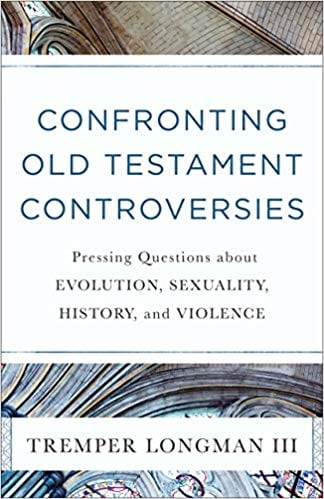Q. Most readers of the Bible do not seem to have an issue with God being a God of righteousness and justice, but when that involves punishment, even physical punishment in various cases, or even hell then issues tend to be raised about ‘a God of violence’ and how he could also be a God of love. What seems to me to be the case, [since the theme of justice and judgment is all over the NT as well as the OT, (mainly in terms of the final judgment in the NT), and even the preliminary one’s that Christ himself is said to unleash on the wicked in Rev. 6-19] is that while the OT not only talks about God fighting for his people, and fighting with his people, and there are even commandments in regard to harem or holy war, in the new covenant, and especially in the Sermon on the Mt. God’s people are called to leave vengeance or justice in the hands of God, and to renounce violence. Ironically the most violent book in the NT, Revelation has the strongest insistence on ‘vengeance is mine I will repay, says the Lord’ and the exhortation to John’s audience is not ‘let’s get ready to rumble, but rather be prepared for persecution, prosecution, and even martyrdom, completely renouncing a returning of harm for harm, violence for violence. Now I put this down in part to progressive revelation, and in part to the major difference between the old covenant and the new covenant (with the old covenant having lots of strictures and permissions due to human hard-heartedness). It’s not about the God of the OT being different in nature from the God of the NT (sorry Marcion), but rather that the fuller revelation of God’s most perfect will for his now Spirit-filled people is that they commit themselves to trusting God for justice, and completely renouncing violence now that the eschatological covenant has been enacted. To whom more is given, more is required. Does this make sense to you, or would you see the covenants and situation differently?
A. This makes a lot of sense to me Ben, and I think that the five phases of divine warfare that I describe in my
book largely conforms to what you are saying here. I guess maybe the only place where we might differ is that the physical warfare was part of the concession to the hardness of heart of the Old Testament people of God (as divorce, polygamy, slavery were) or at least in the same sense. I tend to think of the physical battles of the Old Testament as an anticipation of sort of the final judgment. But come to think of it, in terms of human involvement, you may well be right since the emphasis in the final judgment is on God, specifically Jesus (see Revelation 19:11-20) bringing judgment, not through human agency, but with his angelic army.
[N.B. In addition, anyone who has carefully read Rev. 20-21 will note that the precursor to the real final judgment when the armies of the earth gather against God’s people is not a battle, for there is merely an execution. Fire falls from heaven and the armies are toast. There will be no earthly battle of Armegeddon in that sense at that time. BW3].













